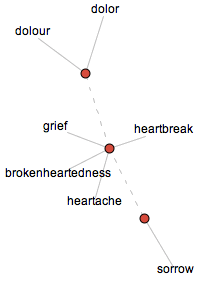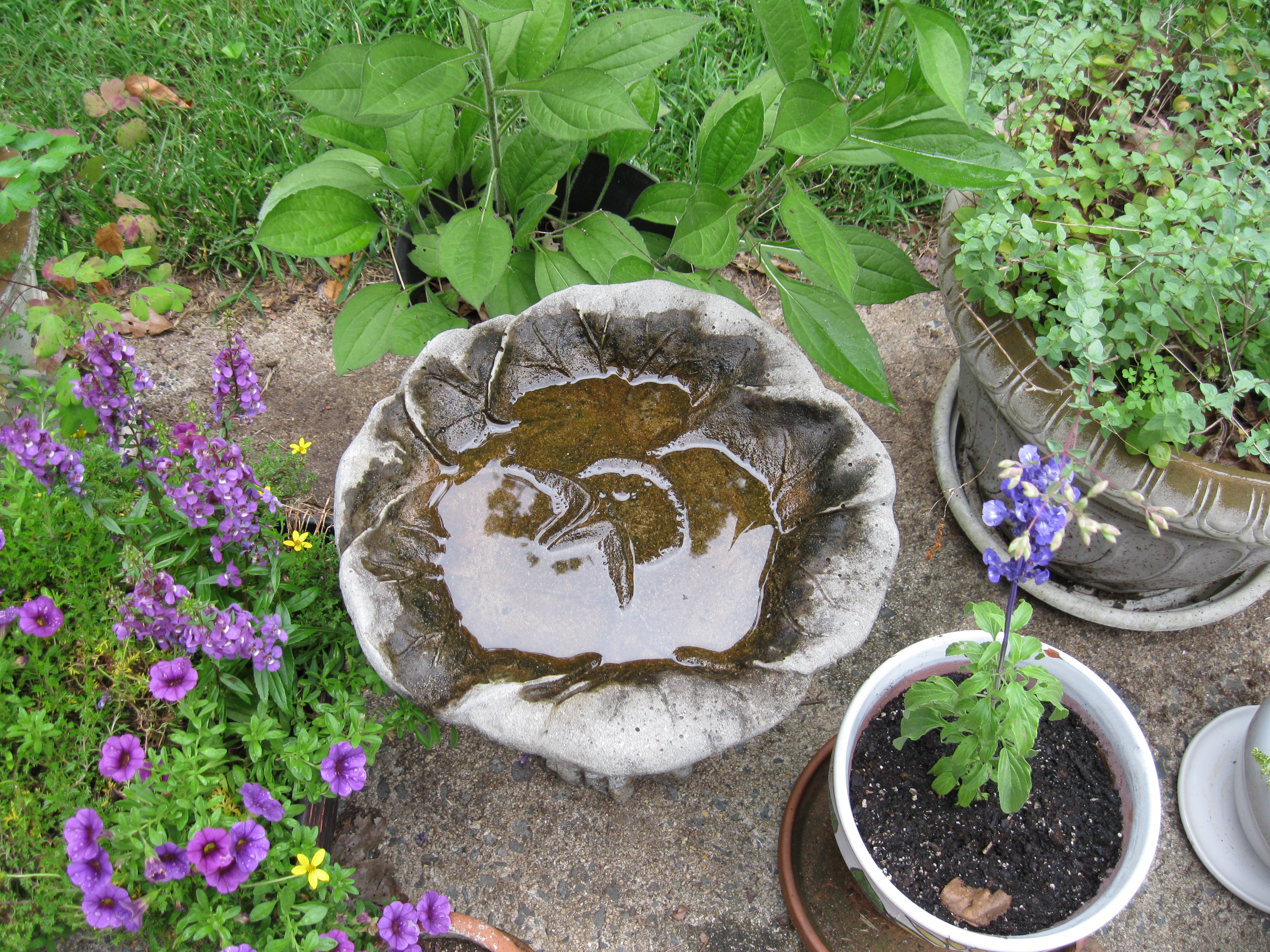Talking to Grief by Denise Levertov
The title for the chapter, “Making a Place for Grief,” was inspired by and begins with an excerpt from “Talking to Grief” by Denise Levertov: You long for your real place to be readied before winter comes. You need your name, your collar and tag. You need the right to warn off intruders, to consider my house your own and me your person and yourself my own dog. I think there’s a kind of brilliance in this poem, that resonates with so much that I understand about imagery and the way it can help us move through the more difficult passages of our lives. This notion here of imagining grief as a dog. And then taking that next step–speaking to him or her directly. Offering to make her a real place. A home. The chapter begins with her poem and ends then with what seems to me a kind of mirror image: this excerpt from Rumi’s poem, The Guest House, that has become, I suppose, a kind of theme song here: This being human is a guest house. Every morning a new arrival. A joy, a depression, a meanness, some momentary awareness comes as an unexpected visitor. Welcome and entertain them all! Even if they’re a crowd of sorrows, who violently sweep your house empty of its furniture, still, treat each guest honorably. He may be clearing you out for some new delight. This is a kind of goal I’m setting for myself this summer–to become, as much as I’m able, a guest house in this way. To welcome what arrives. I remember the poem sometimes when I’m sweeping my steps and patio in the morning. I remember the way a thought or an emotion–or a wave of emotion–or a person–a snatch of conversation–the line of a poem–or a song–any one of these could come and sweep us clean–prepare us for the next thing. May your summer be a guest house in the best possible way–or perhaps a broom–preparing you for the next thing. ____________________________________________________ Graphic is from Visual...
read more

